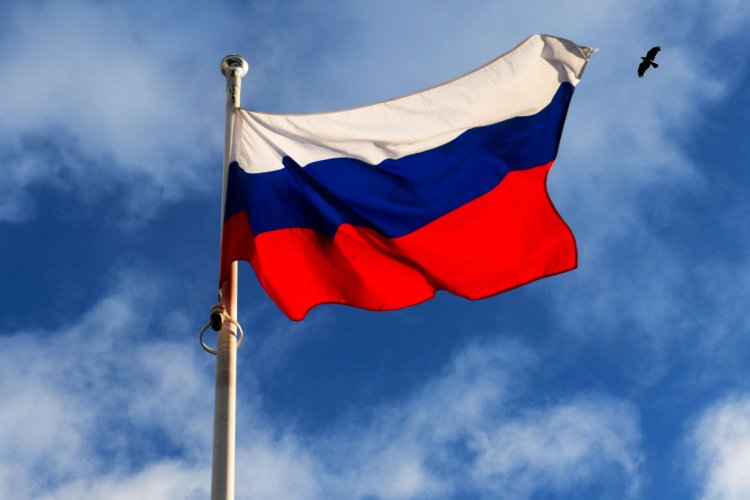The West's $1 trillion attempt to bring Russia's economy to its knees
That job will be made more difficult by Russia's standing as a global energy provider. Russia supplies approximately 40% of Europe's natural gas and 25% of its oil, and any interruptions to those exports will drive up already high global prices even further.

The West has retaliated against Russia's invasion of Ukraine with a series of punitive measures. The current barrage is aimed at causing a banking crisis, overpowering Moscow's financial defenses, and plunging the Russian economy into a devastating recession.
According to analysts, no economy with the global significance of Russia has ever been sanctioned at this level, and there is now a strong danger that Russia could experience a financial crisis that will push its main banks to the edge of failure.
Western leaders have framed their campaign as an economic war aimed at punishing President Vladimir Putin and turning the country he governs into an international pariah, even if sanctions will take years to degrade Russia's "fortress economy."
On Tuesday, French Finance Minister Bruno Le Maire told a local TV program, "We will precipitate the collapse of the Russian economy."
That job will be made more difficult by Russia's standing as a global energy provider. Russia supplies approximately 40% of Europe's natural gas and 25% of its oil, and any interruptions to those exports will drive up already high global prices even further.
How the West is fighting
Russia's 'fortress' economy
The Russian banking system is the center of attention.
Over the weekend, there were rumors that Russians were queuing for hours to withdraw cash from ATMs, raising the possibility of a bank run. Russian banks, which are already the target of sanctions, might face much more pressure if borrowers are unable to repay loans as the inevitable recession hits businesses and individuals.
Russian banks may be obliged to respond by selling assets, according to Liam Peach, an emerging markets analyst at Capital Economics. Credit may become scarce, exacerbating the economic consequences of the sanctions.
"The escalation of Western sanctions over the weekend has pushed Russian banks to the brink of collapse," Peach said.
Another issue is that Russian banks only have enough foreign currency on hand to cover only 15% of their foreign currency deposits. The central bank would ordinarily provide foreign currency to banks, but with half of its war chest out of limits, it may not be able to do so while also defending the ruble.
For months, if not years, the central bank might be under pressure.
At the same time, the West could retaliate even more forcefully. According to the Institute of International Finance, the US and its allies may withdraw more Russian banks from SWIFT and further restrict their access to dollars and euros. They could also halt Russian energy exports, however, this would result in a price increase.
"Don't forget that economic warfare has frequently escalated into genuine wars in human history," former Russian President Dmitry Medvedev remarked in response to Le Maire's remarks on Thursday.

 Boakyewaa Lawrencia
Boakyewaa Lawrencia 



































